SYNAPSES Evaluated Resources
On this page you can find all resources that have been identified and evaluated by the SYNAPSES consortium. Are you looking for resources specifically for you? Use the filtering system on the left.
For a description of the Aims and Learning Outomes (LO) refer to this page.
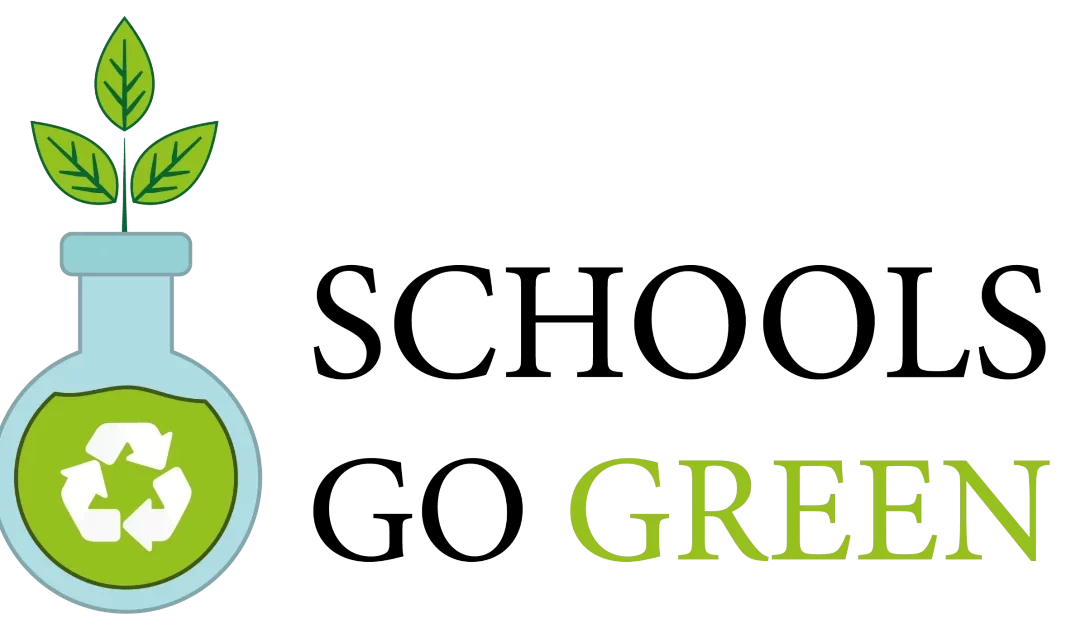
Schools go Green
This educational material consists of a multimedia Eco-Glossary based on small stories accompanied by a set of e-learning materials using audio-visual tools, like presentations for students, teacher handbooks and lesson plans. The learning material follows the whole school approach as it involves teachers, teacher educators, school leaders and researchers.
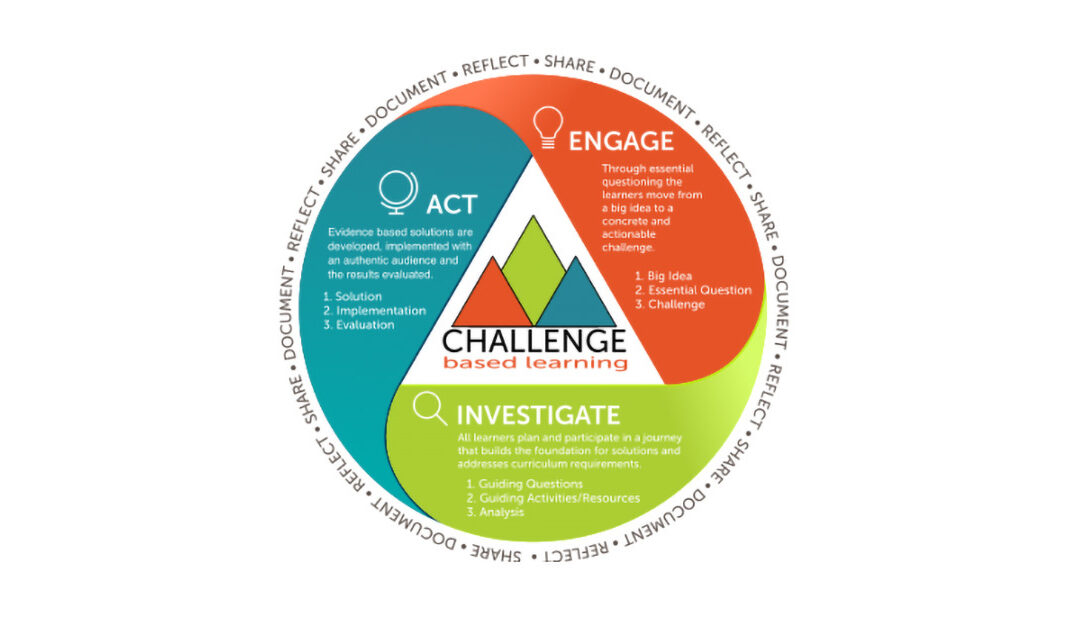
Challenge Based Learning Guide and Toolkit
This Guide to Challenge Based Learning and online toolkit are designed to introduce educators to this student-centred approach to learning in a real world, interdisciplinary way.
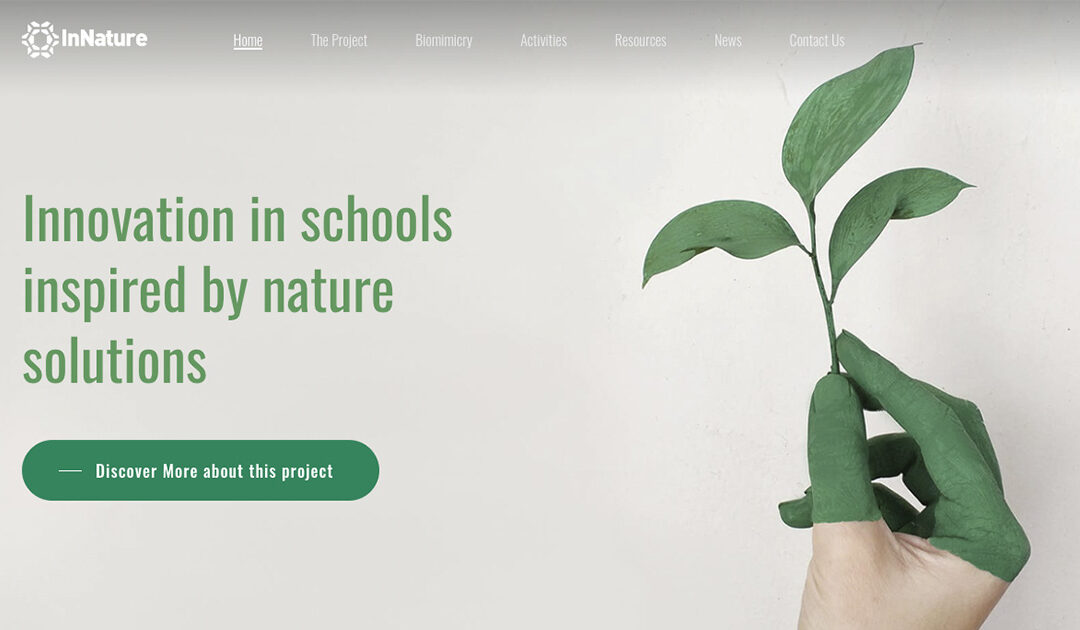
InNature
The InNature Project promotes biomimicry awareness and skills in schools, offering two toolboxes: the “Biomimicry Challenge” with lesson plans, and “Biomimicry 3.8” for workshops. Resources include teacher training, a toolkit, good practices catalog, and a 3-day “InNature Fair.” Materials are accessible online in multiple languages.
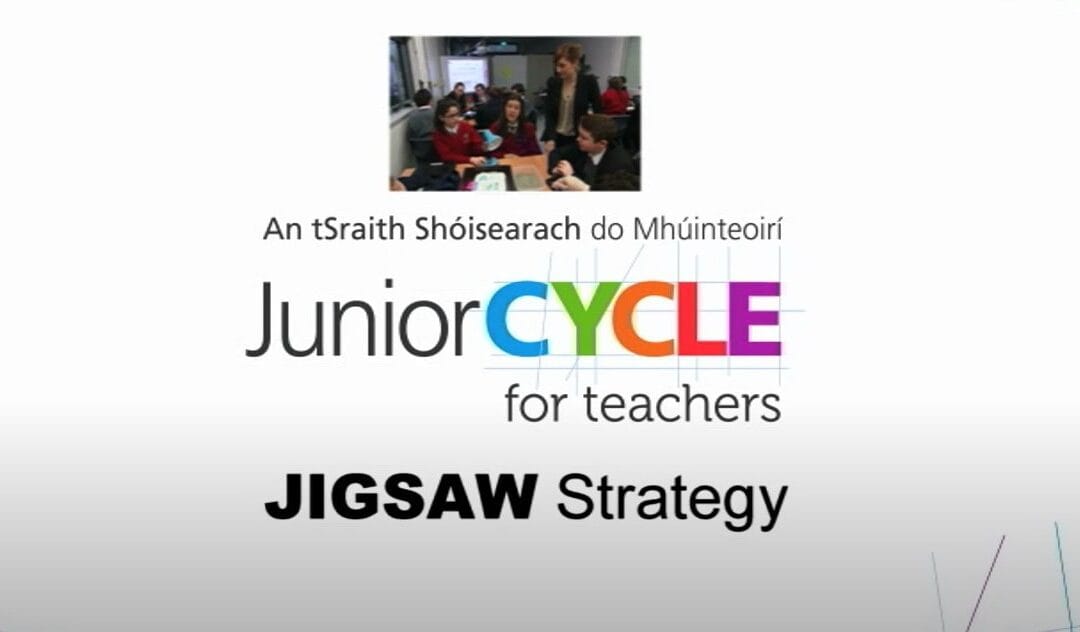
Active Classroom Strategies
The Active Classroom Strategies presented by the Junior Cycle for Teachers service in Ireland are student-centred active teaching methodologies designed to support the development of key skills and competencies in students such as ‘Managing Information & Thinking’ and ‘Working with Others’.
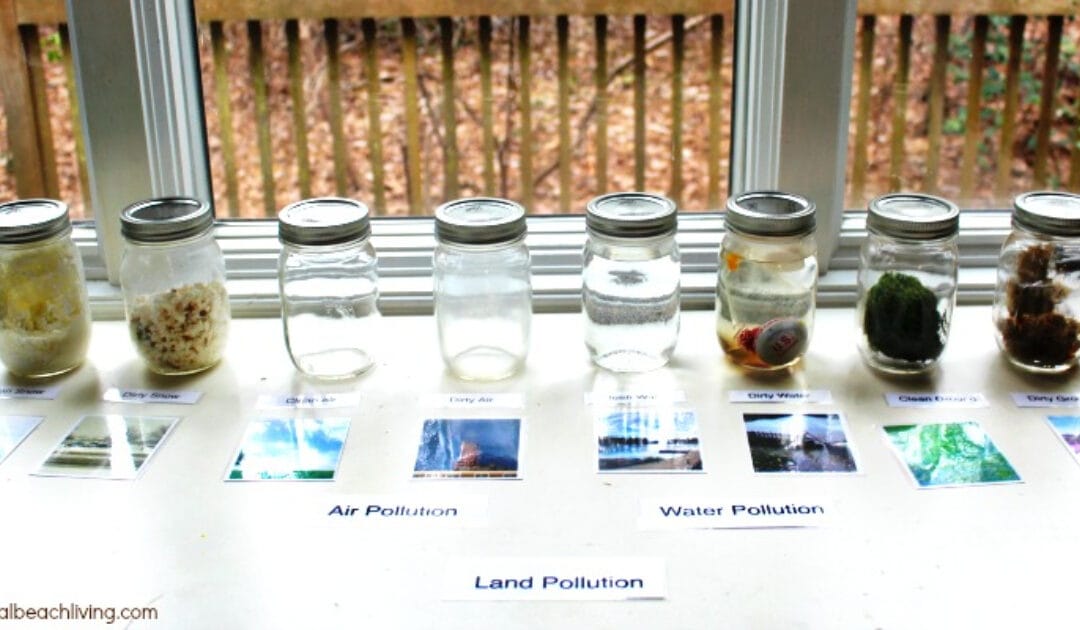
How clean is our air?
“How Clean Is Our Air?” is a learning scenario designed for students aged 9-11, focusing on understanding air pollution, its sources, and impacts. Over nine learning units, students investigate pollution causes, measure air quality, and design prototypes to improve air conditions.
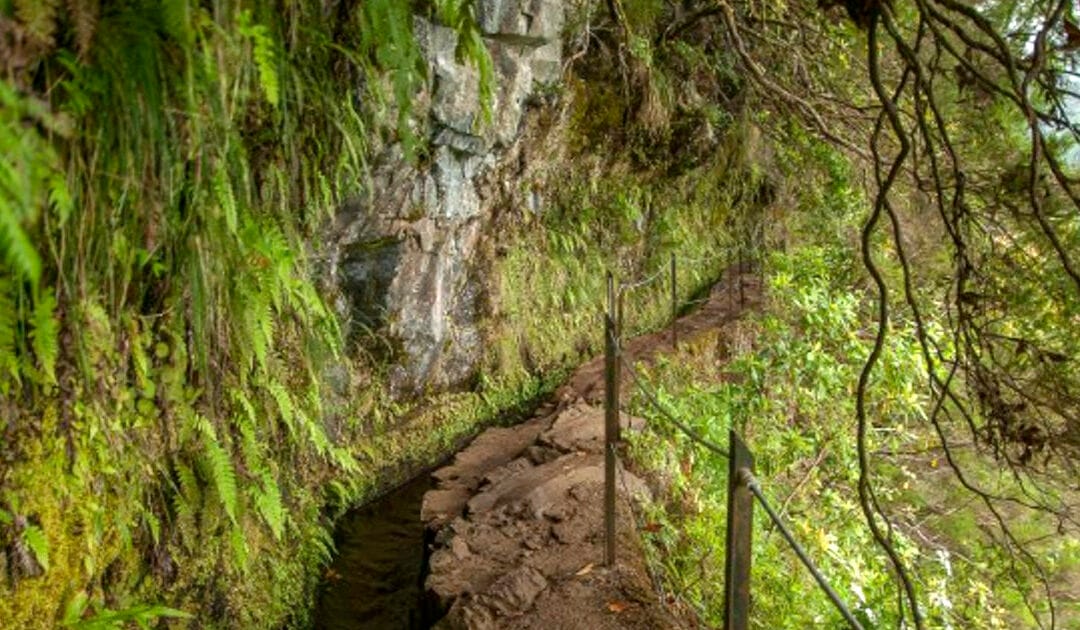
Creating a Science Trail
Science Trails are student-designed paths with stops that raise awareness on community-relevant topics. Teachers guide students in integrating subjects, exploring surroundings, engaging stakeholders, and creating stations that highlight the community’s uniqueness.
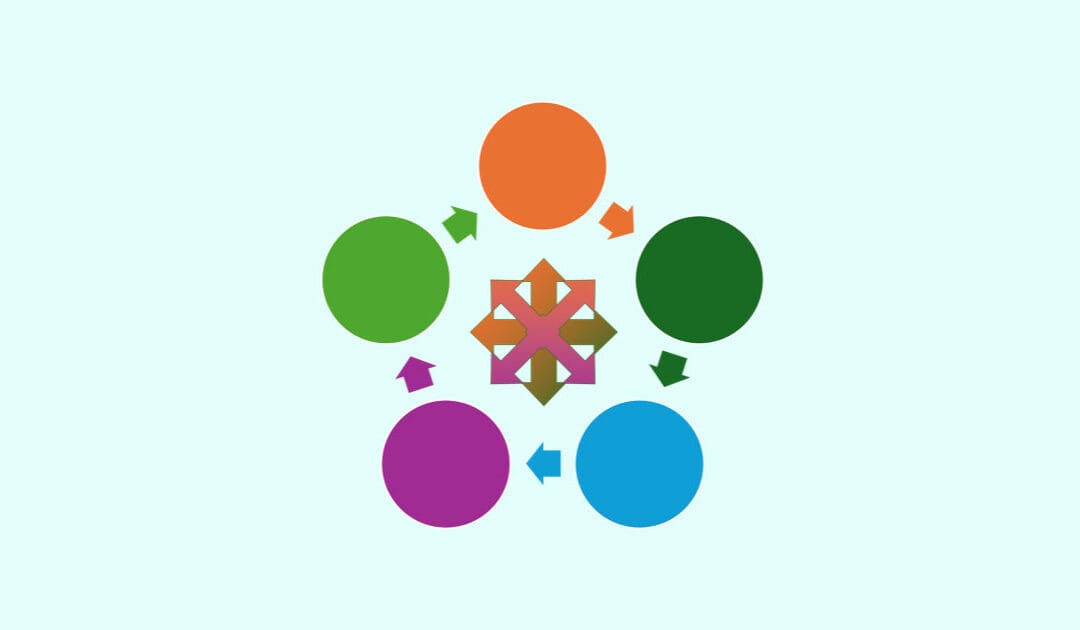
Online self-study courses ESD methods: Station Learning
The document provides a comprehensive guide on Station Learning, outlining its pedagogical background, implementation process, and benefits for education. It explains how teachers can design, prepare, and assess station-based lessons while fostering self-directed, experiential, and competency-based learning. The method promotes engagement, differentiation, and interdisciplinary teaching, making it ideal for modern classrooms.
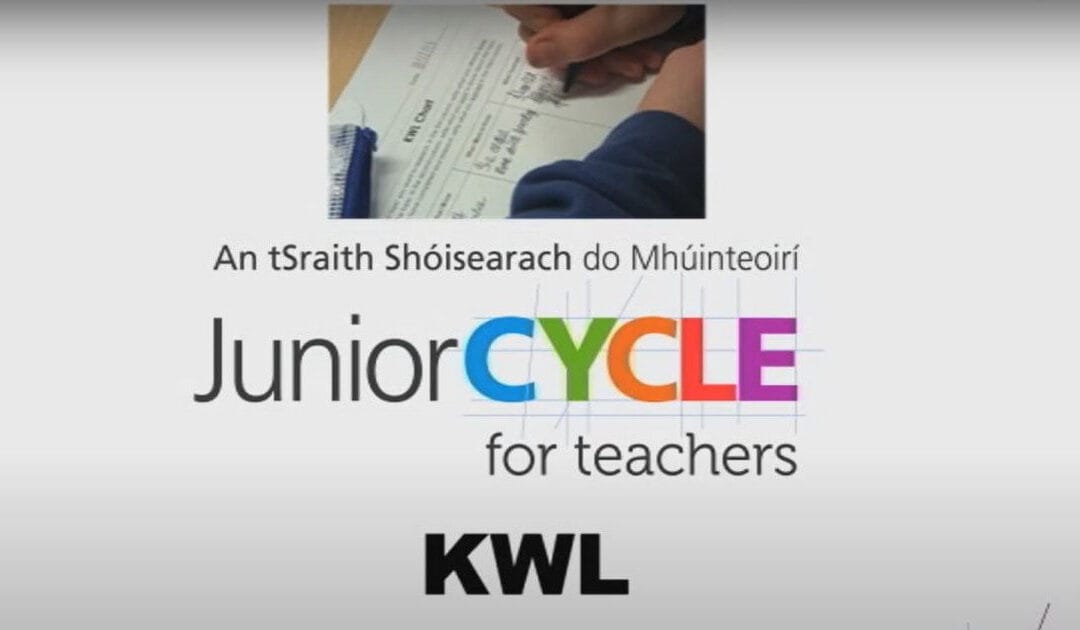
KWL Chart – Active Methodology
This active teaching method allows students to express what they Know (K), Want to Know (W) and what they have Learned (L) from a lesson. By being aware of students’ interests and prior knowledge, the teacher can create projects and assignments that are both challenging and enjoyable for the students.
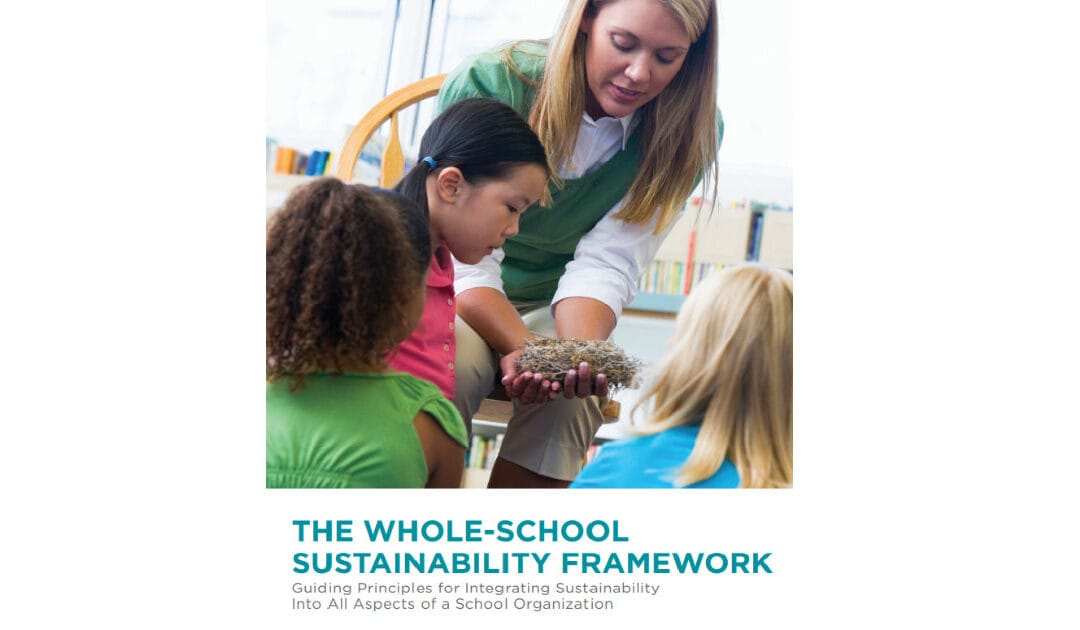
Whole-School Sustainability Framework
This is a framework for embedding sustainability throughout school operations, teaching, and culture. It outlines a vision for whole-school transformation through leadership, systems thinking and shared values.

